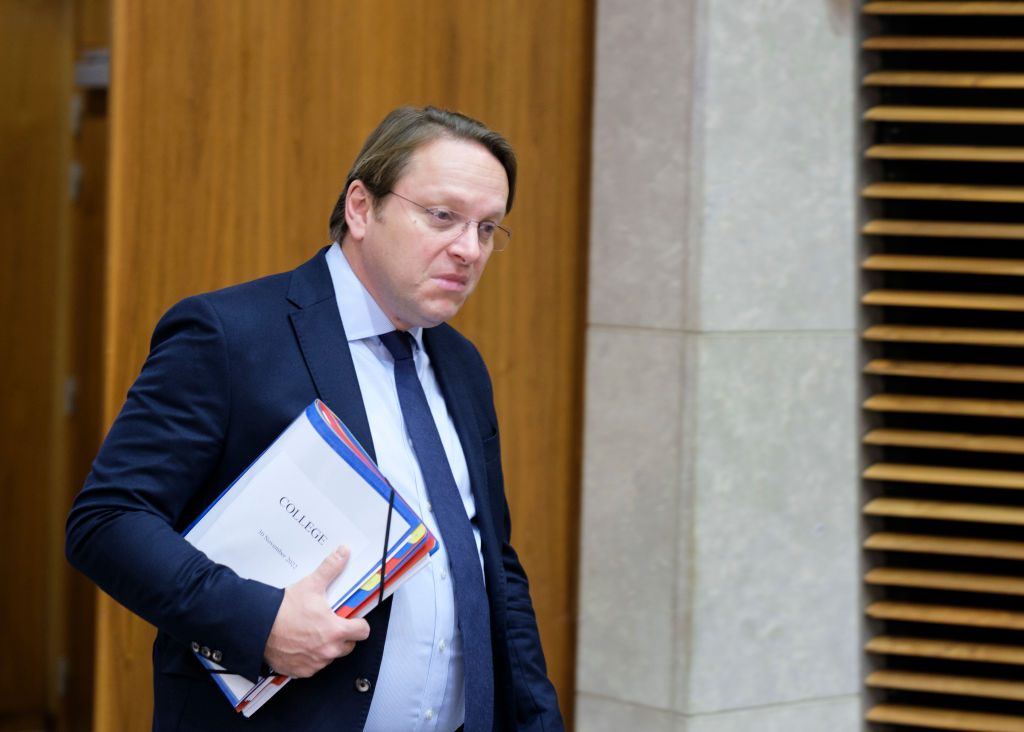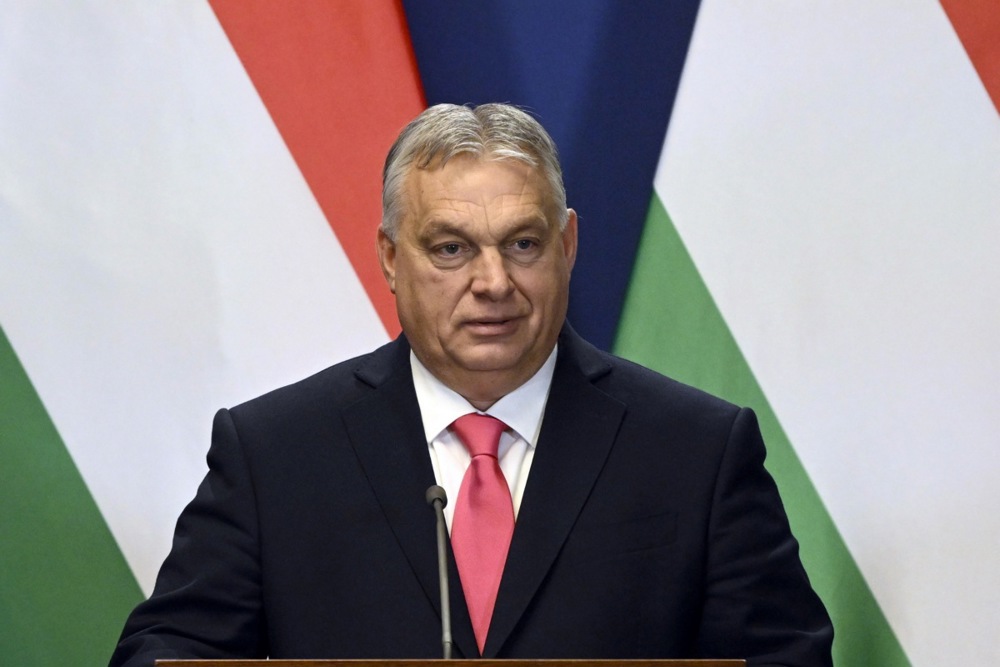In response to the mass protests by angry farmers across Europe, the European Commission proposed to put some limits on agricultural imports from Ukraine and loosen certain regulations, at least temporarily.
With farmers blocking traffic in France, Germany and Belgium, Brussels seems to be starting to budge.
The EC said it “proposes to allow European Union farmers to avail of derogations for the year 2024 from Common Agricultural Policy [CAP] rules obliging them to keep certain areas non-productive”, giving farmers some much-needed breathing room.
The EC also declared that import duties on agricultural goods from Ukraine will remain suspended until June 2025. They were first put on hold in 2022 to aid in bolstering the Ukrainian economy in the wake of Russia’s invasion.
Against that, seemingly as a gesture acknowledging the farmers’s concerns regarding tariffs, protection for sensitive agricultural products is being enhanced.
The EC’s plan, which must yet be approved by the European Parliament and EU countries, adds an “emergency brake” that permits levies to be imposed if imports are above the average levels of 2022 and 2023.
The brake is meant for the most vulnerable goods – poultry, eggs and sugar. Additionally, corrective measures may be implemented via the reinforced safeguard mechanism if a Member State experiences difficulties as a result of exports from Ukraine.
“Today’s measure offers additional flexibility to farmers at a time when they are dealing with multiple challenges,” said EC President Ursula von der Leyen.
“We will continue to engage with our farmers to ensure the CAP strikes the right balance between responding to their needs while continuing to deliver public goods for our citizens.”
EU farmers put food on our table – the best and healthiest in the world.
We support them with €386.7 billion from the Common Agricultural Policy.
And in hardship, we find common solutions.
Today the @EU_Commission proposes a one-year derogation from CAP rules on fallow lands.
— Ursula von der Leyen (@vonderleyen) January 31, 2024
CAP is a set of rules and programmes created by the EU and designed to support and regulate agricultural activities among members, ensuring a stable and sustainable farming sector.
“To receive the CAP support they are entitled to, farmers must respect an enhanced set of nine standards beneficial to the environment and climate,” the policy states.
Almost 90 per cent of the EU’s working agricultural land is subject to those conditions in a bid to achieve the “mainstreaming of sustainable farming methods”.
Now, though, the EC provides the possibility for all EU farmers to be exempted from that requirement and still be eligible for their CAP basic direct payment.
As of January 1, the regulation will be retrospectively applicable. To give farmers as much notice as possible, Member States wishing to implement the derogation at the national level must notify the EC within 15 days of choosing to do so.





